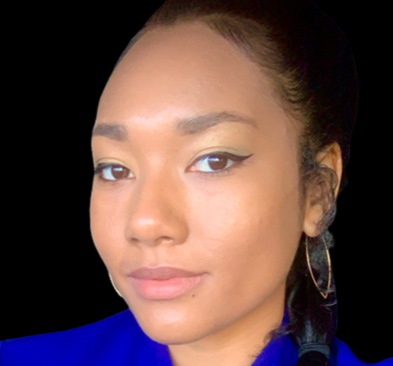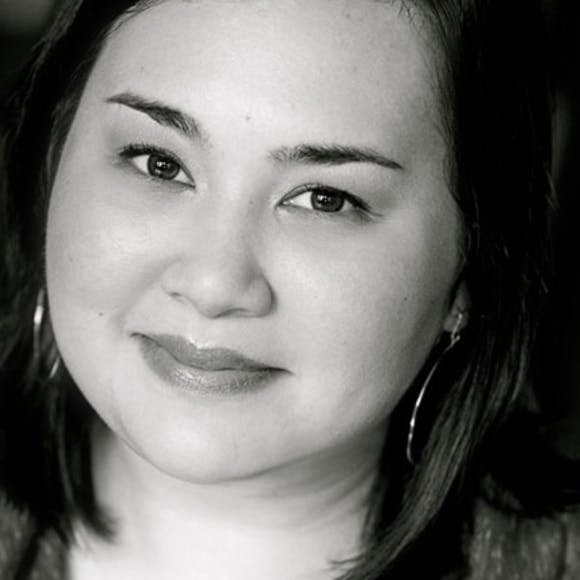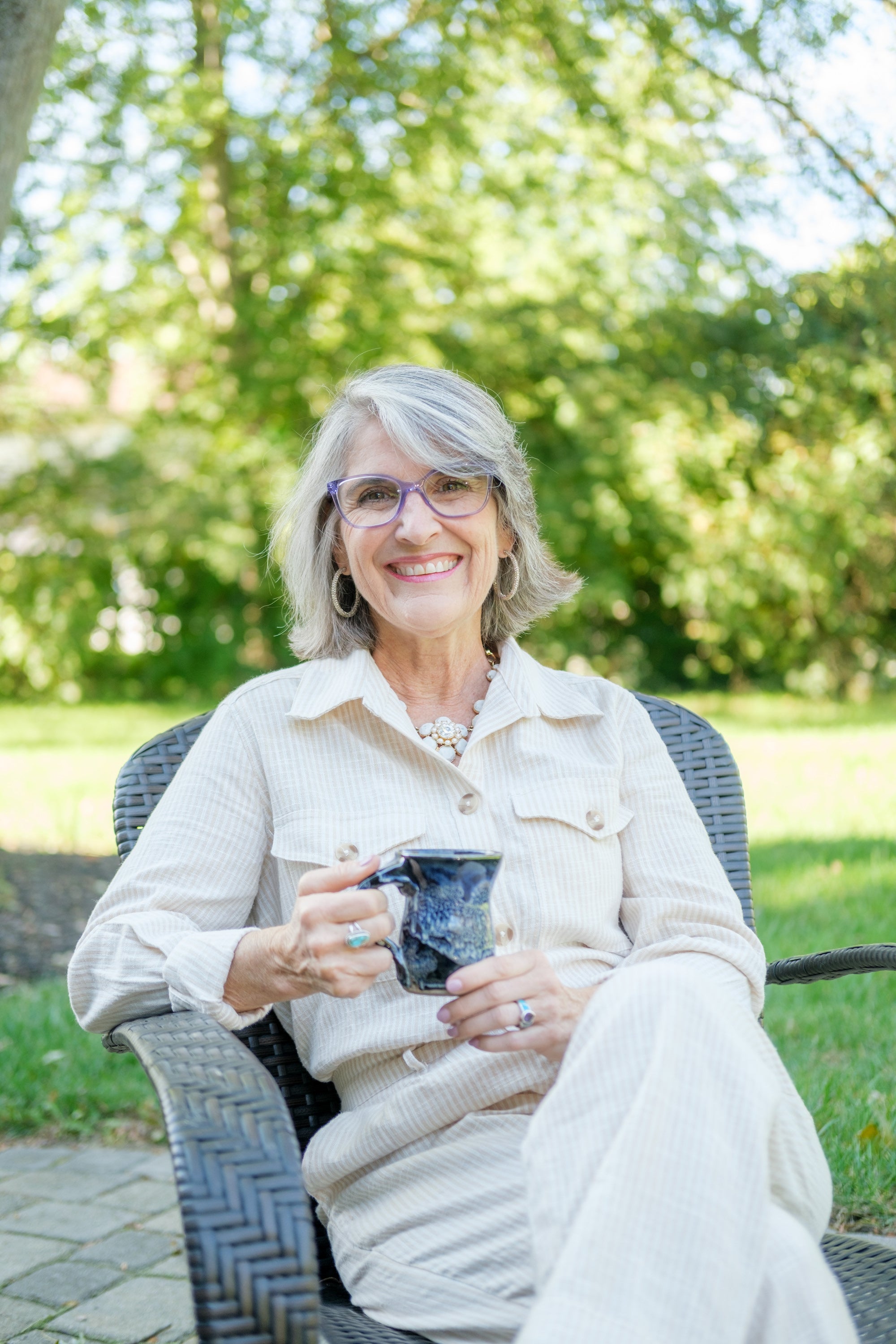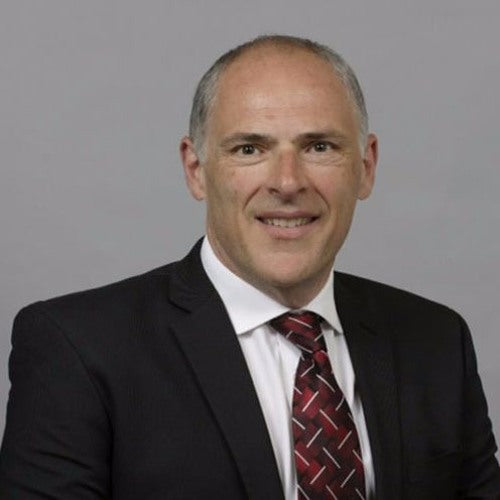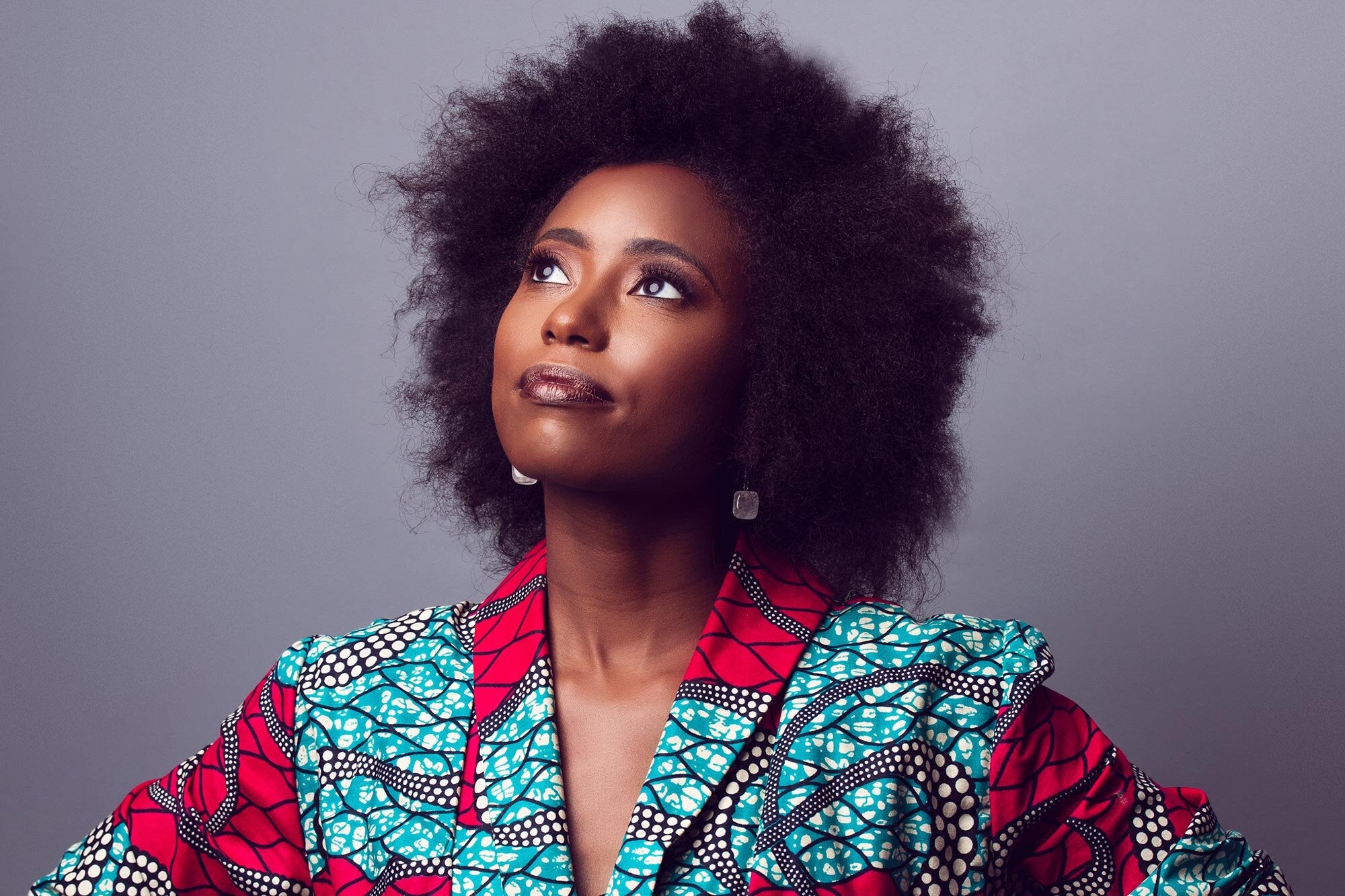Book: Odd Woman Out

Author: Melanie Chartoff
Author Bio:
Beginning as an actor off and on Broadway, Melanie Chartoff is best known for the characters she created on “Fridays,” “Seinfeld,” “Newhart,” and “Rugrats.”
She’s recently been published in McSweeney's, Medium, Entropy, Purple Clover, The Jewish Journal, Funny Times, Five on the Fifth, Glint, Entropy, Verdad, Bluestem, Evening Street Press, Mused, Jewlarious, Defenestration, Better after 50, Living the Second Act, and in three editions of Chicken Soup for the Soul (Simon and Schuster).
“Odd Woman Out: Essays and Stories” is her first book.
Visit Melanie’s website for more info.
1. In your book “Odd Woman Out”, you speak a great deal about mental health and self-love. Being in the crazy world of entertainment, how have you been able to manage your career while also remaining sane and in good spirits?
I haven't, or didn't always. Like many suddenly thrust into the public eye, going from unknown and irrelevant to known and sought was unsettling. Fame comes on like a blazing searchlight of incoming attention.
And like many so used to fighting for it, I grabbed at something on impulse to stabilize me — the wrong thing, a man, a co-worker. I speak about this in "My Obscured Third Eye," in which I couldn't recognize my true inner voice above the din of fame and addiction.
2. What are you most excited for people to learn about you while reading "Odd Woman Out”?
How I played many fragments of women in plays and shows until I could bring them together into a whole, multi-faceted person. And how much more content I am at this stage and age than at any other.
After having bad luck seemingly foisted on me by outside forces, my outlook on myself changed for the better later and I perceived myself as lucky. And my choices improved exponentially.
3. What are you most excited for people to learn about themselves while reading “Odd Woman Out”?
I hope to save younger others some mistakes along the way, to encourage the ability to recognize red flags in their own behaviors and other's. I self-satirize to some extent, recalling how, in agony at times, I drilled into my brain that I would find something funny in the fix I was in later.
It actually took some of the Pre-TSD out of the event for me, witnessing the irony in advance. I was good at being of two conflicting minds at one time in those days. Being able to laugh at oneself, to witness one's behavior from a slight remove, is a crucial life skill, in my opinion.
And, I hope to give hope to mature singles that it's never too late to learn to love themselves. If one loves oneself one always has good company. Some of us take a little longer to grow up, that's all.
Thank goodness we can live so much longer now—more time to get it right. I think that's why my mother has stuck around to be ninety-six. She is intent on getting things right for herself before she goes.
4. You also played Didi Pickles on ‘Rugrats’, which to people in a certain generation is another classic. How did you become Didi and how proud are you for the show’s success and lasting impact?
That was my very first audition for an animated role. The character, as I read her, seemed remarkably similar to how I would describe my mother — anxious and trying valiantly to keep control. I used my mother's voice, which is very similar to mine but as if at a higher number of RPMs.
I was called back and got to read with terrific actors who I knew from different circles, well-versed in improv and comedy. My version of Didi had a shrieking temper tantrum with her husband and father-in-law during the reading, and it cracked up the creators. I later auditioned to play Didi's mother Minka on the phone with the show's creators later.
I take pride in how edu-taining the program has been for babies, kids and adults for decades. It was a triple entendre for three generations watching together, and now older fans show it to their kids.
I loved the potty training episode — made me remember how scared I was of the toilet when I was a baby. I adored the episode from Spike the dog's point of view. Also, I was gratified to be part of the first animated Jewish holiday specials in history.
5. How does your process for comedic acting and dramatic acting differ?
I love them both. In dramatic acting, I put my tendency to observe myself to sIeep, and aspire to immerse myself exclusively in the alternate story. Any self-consciousness disappears and the written person takes me over.
In comedy, I believe in the exaggerated reality, commit whole-heartedly to it, but there's a percentage of my brain puppeteering a bit, aware of timing and live audience reactions. On sets, I set my sights on cracking up the crew even though they can't laugh aloud.
6. When did you realize that you were funny, or at least had the ability to make people laugh?
I was compulsively funny to cheer up my parents and depressive family, still running from the pogroms in their genes and psyches. So I was pratfalling and doing bits and voices as a toddler and was the darling as the first niece and grandchild in a couple of Jewish families.
I became more desperate doing this when my baby sister and other cousins were born and sucked up all the attention. If I didn't perform, I didn't feel like I existed at all.
7. Overall, what was your writing process like for this book?
I'd been developing a lot of these stories in stand up, in a stage play, in a musical memoir commissioned by the Joshua Tree Comedy Festival, in a screenplay — looking at them through different prisms and points of view.
Finally a literary agent saw me perform a story called "The Barrenness of Beverly Hills” and said, "You are writing a book." So I sat still for a year and wrote them down and developed them. Each essay or story depicts moments of new awareness over a 50-year period as a stage and screen actor trying to become a real person.
8. Who has been a great mentor to you in life and what have they taught you about yourself?
After the inspiring Stella Adler, Harry Mastrogeorge, who's been my acting teacher since I was 27, has influenced me as an actor, director and "presence" coach to non actors. He also directed and helped me develop a two-character musical ("Fine Lines") about a therapist working with a female patient who is so disturbed she can only express herself performing.
So the doctor has to learn to sing and dance to heal her and falls in love with her. Harry's been an unadvertised mentor to many great actors of this and the last millennium. He is mentioned in many more memoirs than mine.
9. In what ways can comedy be used to mend social divide?
The physical aspects of human comedy helps us look at our common human foibles. Like fear, I think physical comedy unites races, genders, nationalities and faith. But verbal comedy can set us apart, as interpretations and translations vary widely. One man's humor can be some woman's degradation; one woman's joke can be another woman's micro-aggressive racism.
10. What is your advice to women that want to make it in comedy?
Produce your own Tiktok or YouTube or SoundCloud with a live audience of fans if possible. Have it well-lit and directed and recorded to show a minute of your specific POV and your genius at acting and/or improvising and writing. Those are free-for-all forums, though. Finding your audience and getting your work seen is the biggest challenge.
11. You were on the cult television classic, ‘Fridays’, with comedic gurus like Larry David and Jack Burns. What do you miss most about being a part of such a monumental show in comedy history?
The high visibility for our ideas. The ability to create relevant material on the current political arena. The instant gratification of getting results in seven days. Playing and improvising and writing with a gifted ensemble of iconoclasts, surrendering to each other's visions.
12. While on ‘Fridays’, you were a part of one of the most infamous Andy Kaufman pranks of all time. What do you remember about the sketch, aftermath, and is this your favorite Andy Kaufman memory?
No, my memories of earlier Andy before all that are my favorites. I'd known him peripherally from NY's Improv Club where I was a starting stand-up and he was killing it with his performance art pieces, especially the "Mighty Mouse" bit -— a classic. But I got to know him better In LA where he would protect me when I'd run around the Fairfax High School track at night so I wouldn't get mugged.
We went out for macrobiotic food sometimes. He was a nice Jewish Boy to his women friends at least, and far more charismatic on stage than in the shyer interactions in the early days. But I think the nice introverted side was part of his act, too. Later, his hunger to shock, his self-destructive obsession with getting negative attention troubled me.
On "Fridays," I didn't like him putting down our material, and breaking out of our live episode. It felt disrespectful and desperate to me, more about getting ratings than about art. We other three in that dinner scene were told to improvise and stay in character with whatever happened in advance of the show.
The crew was not informed, however, and got really riled up. As always, Andy didn't care about getting hurt. As the last sketch as written had no ending, we were prepared to go nuts with him and make it look real. We got our highest ratings ever for that episode. And this is the most common thing I'm asked to recall from those days.
13. What’s the best advice you have ever received on happiness?
“Be yourself. All the other selves are taken." - Oscar Wilde
14. What’s your best advice for getting over writer’s block?
Park your behind in the chair and scribble and doodle with words. Recall a particularly poignant private moment you had or observed someone having and make up a character who has that experience. Be daring, go wild.
15. Do you plan on writing more books in the future?
Yes. I have a book of coronavirus poetry in progress. Macabre, black comic, elegiac, some in rhyme, some not.
Here's a sample:
HAPPY DEATH! from Hallmark Cards
I wish you peaceful passing
in the middle of a dream
or in the middle of someone.
as you plan a happy scheme.
Not in the teeth or talons
of a bear or crocodile,
please not in the grip
of some cancer that's
been gripping you awhile.
Not amidst despairing
strapped in an electric chair,
nor during confrontation
in a fight that is unfair.
I hope you dwell in pleasure
As you take your final breath
And did not see it coming.
I wish you Happy Death!
Places To Find More From Author:
Instagram: @melaniechartoff
Twitter: @melaniechartoff
Facebook: Melanie Chartoff
Website: www.melaniechartoff.com
Get Your Copy of Odd Woman Out Today!








